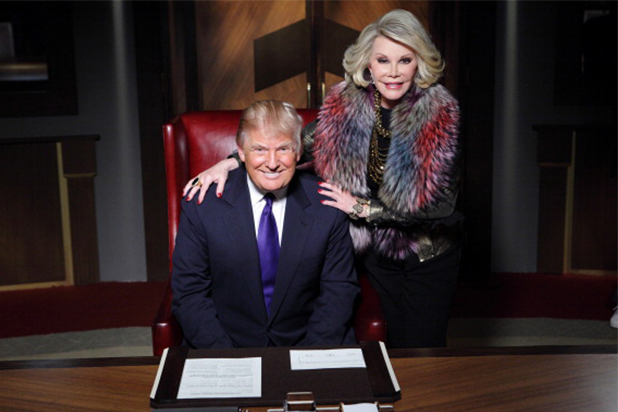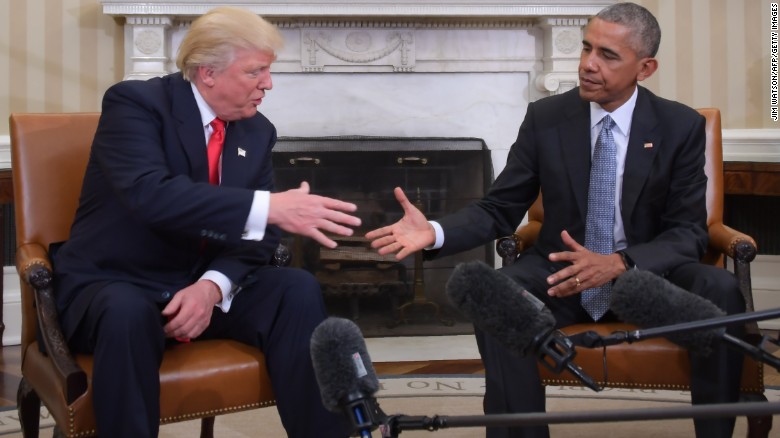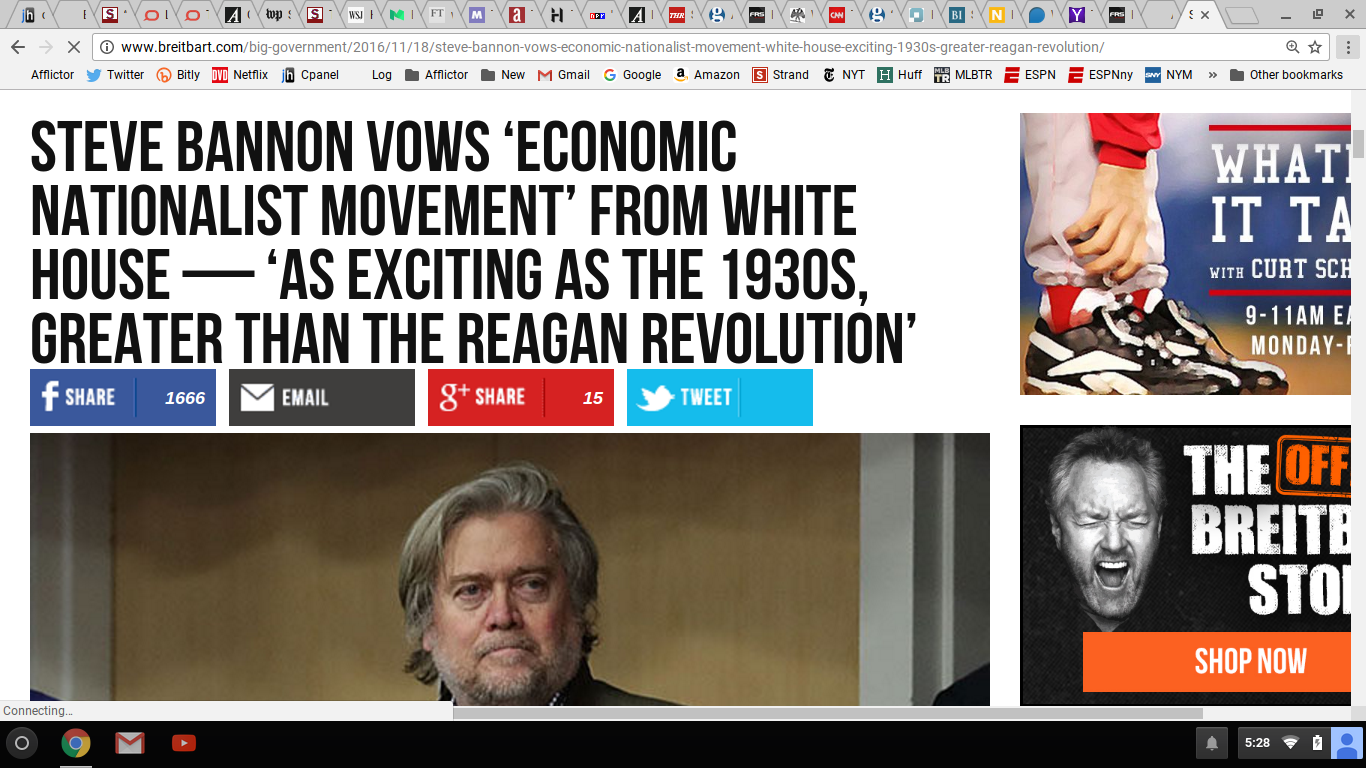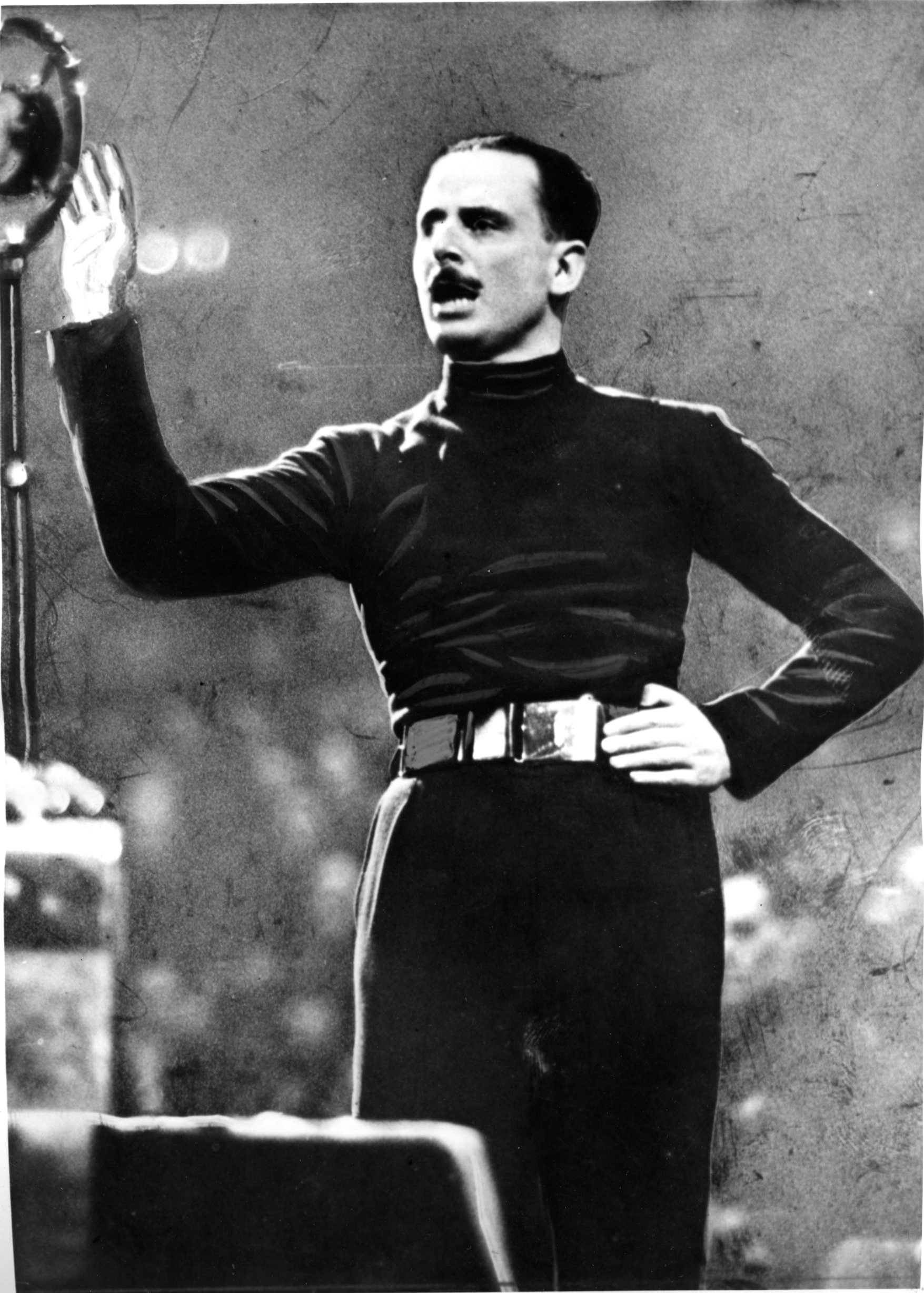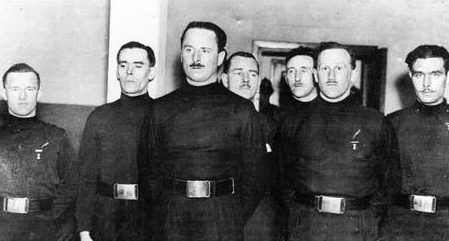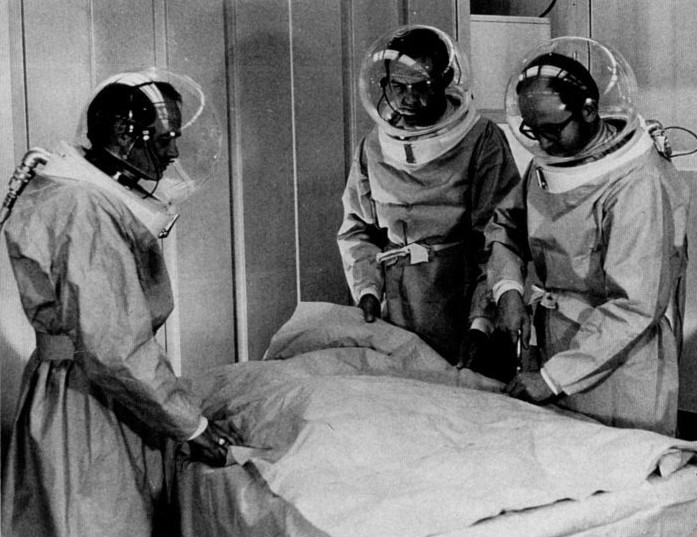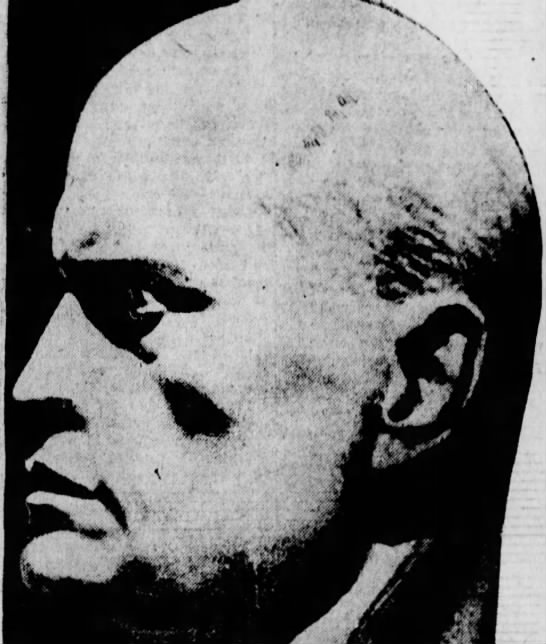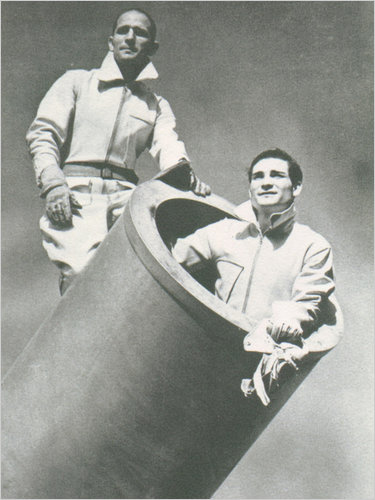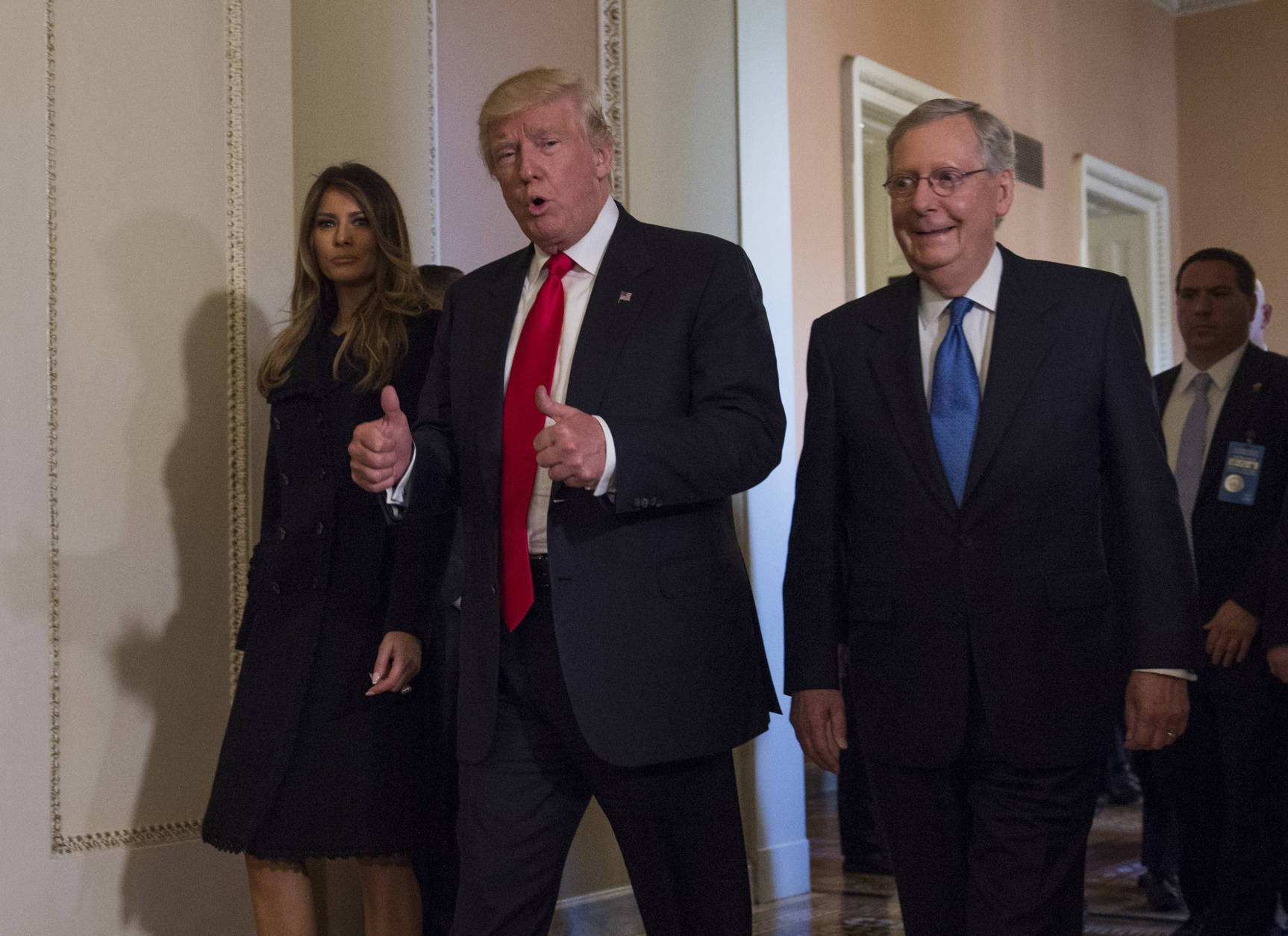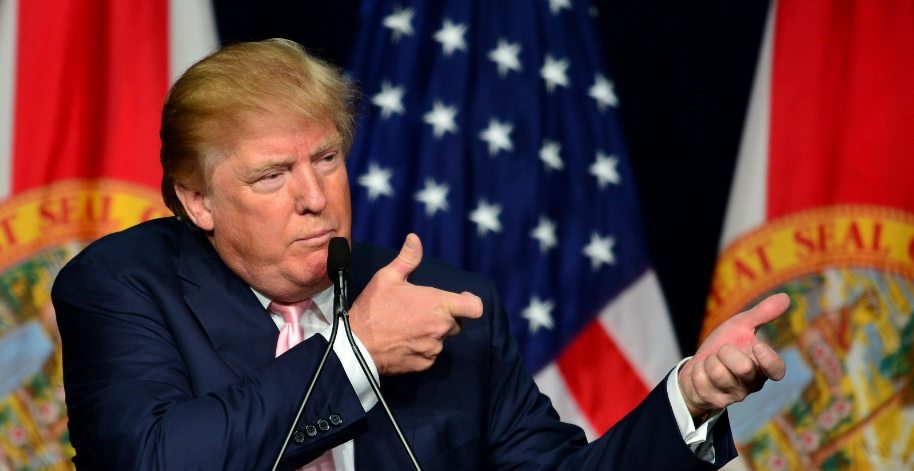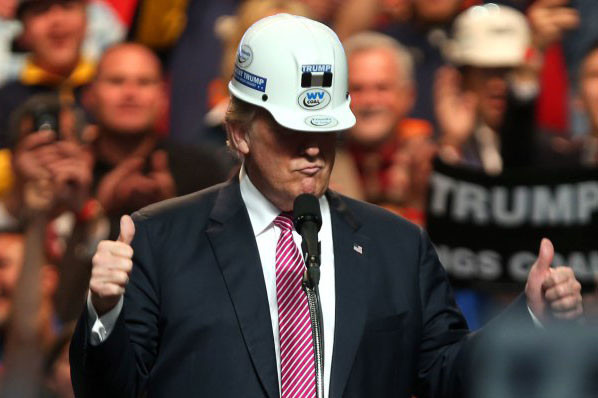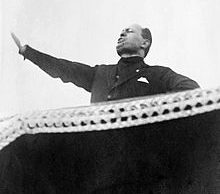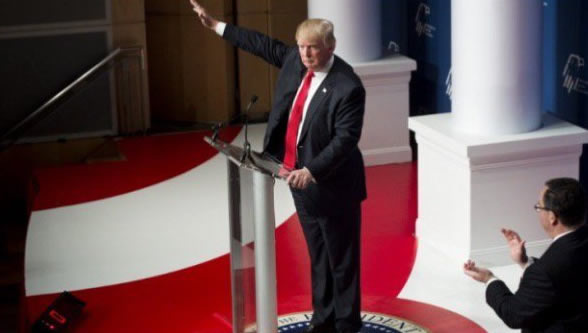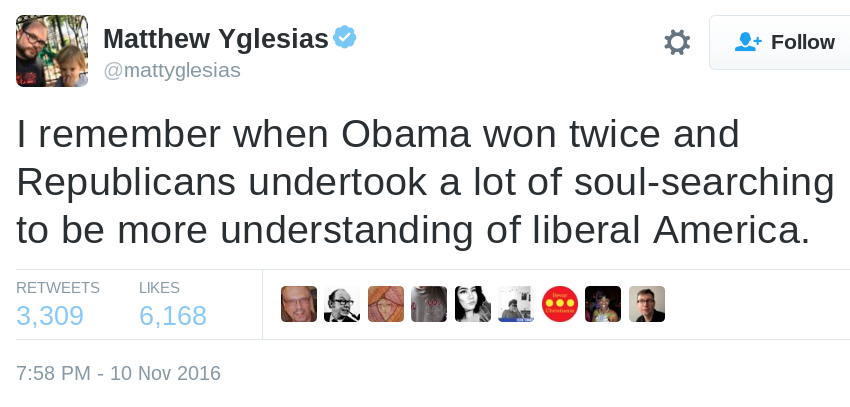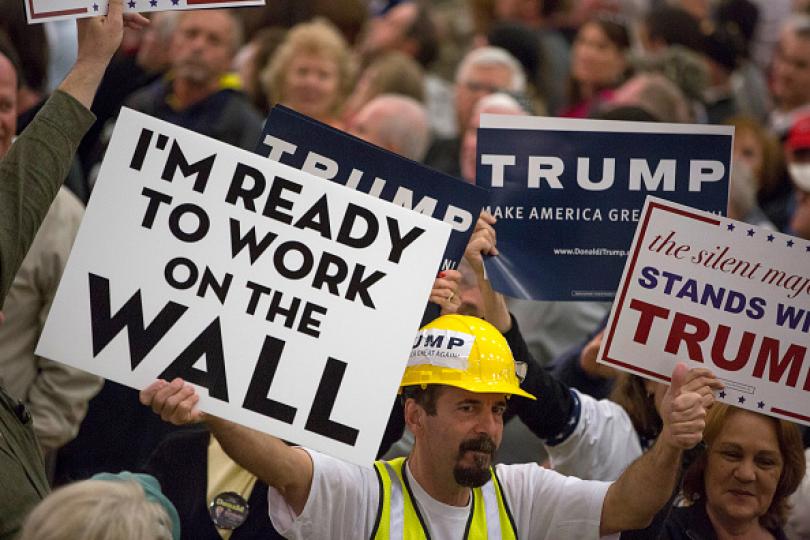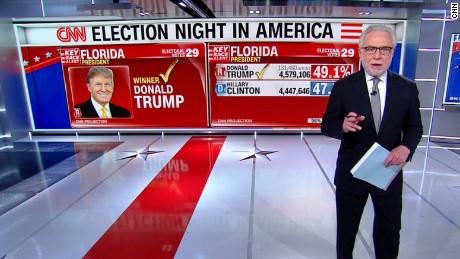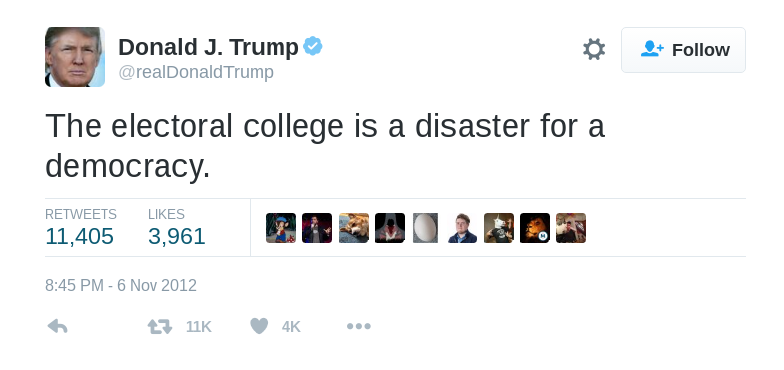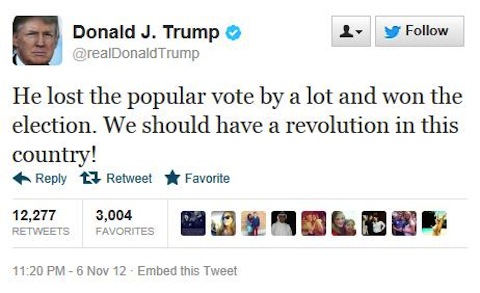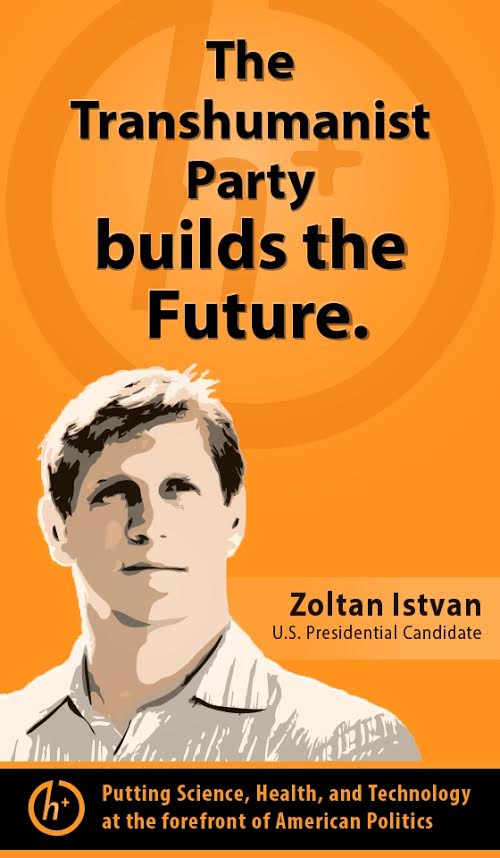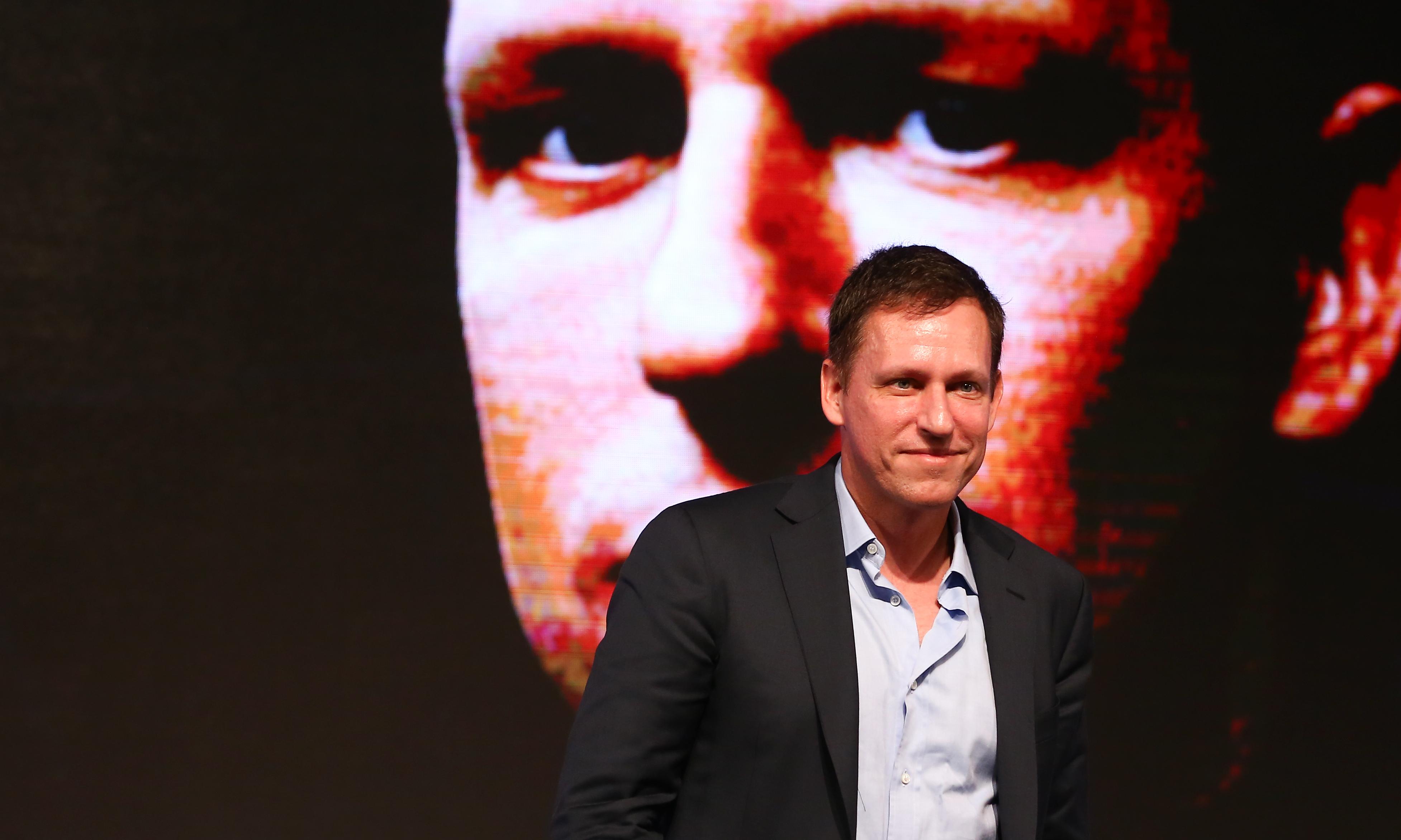A few decades ago, J.G. Ballard believed we were headed for a future in which fiction and reality would become reversed, people would disappear into their homes (and devices and selves) and that we’d experience an age of shocks and sensations. Sounds familiar.
In a smart new Guardian essay about her father’s prescience, his daughter Bea writes that “when reality television became a massive new trend, my father was unsurprised.” Below is an excerpt from that piece followed by a few clips from Dr. Christopher Evans’ 1979 interview with the writer that was published in the UK version of Penthouse.
From Bea Ballard:
Where the developments in media technology have had the most profound impact is on the world of politics. I would love to know what my father would have to say about Donald Trump’s rapid political rise and his race for the White House. He would have found it fascinating. Given that he predicted a B-movie actor (Ronald Reagan) becoming president, I doubt he would have been surprised that a TV reality star ended up doing the same.
But it’s hard to imagine it happening in a world before television and social media. TV loves Trump’s soundbite style – his brashness and machismo. In the American Apprentice series, Trump sat in a boardroom similar to the Oval Office. It was a dramatic setting clearly designed to accentuate his power: the mahogany oak table, the lighting, the American flag in the background and the informed advisers conjure an image of Trump as pseudo-president.
Perhaps he was plausible as a leader to the American public because he had appeared in their living rooms for so long, playing a fictional commander. The idea of a powerful and decisive leader who dismisses people with a fierce “You’re fired!” can become a reality. In Britain, the recent European Union referendum was also played out like a TV show. The television debates were staged like a talent show, with the politicians on stage debating in short, soundbite style. One of the debates was held at Wembley Arena – in front of a vast crowd who either hollered approval or jeered, in the style of the Hunger Games films.•
From Evans:
On the transition from the Space Age to the Personal Computer Age:
J.G. Ballard:
In the summer of ’74 I remember standing out in my garden on a bright, clear night and watching a moving dot of light in the sky which I realised was Skylab. I remember thinking how fantastic it was that there were men up there, and I felt really quite moved as I watched it. Through my mind there even flashed a line from every Hollywood aviation movie of the 40s, ‘it takes guts to fly those machines.’ But I meant it. Then my neighbour came out into his garden to get something and I said, ‘Look, there’s Skylab,’ and he looked up and said, ‘Sky-what?’ And I realised that he didn’t know about it, and he wasn’t interested. No, from that moment there was no doubt in my mind that the space age was over.
Dr. Christopher Evans:
What is the explanation for this. Why are people so indifferent?
J.G. Ballard:
I think it’s because we’re at the climactic end of one huge age of technology which began with the Industrial Revolution and which lasted for about 200 years. We’re also at the beginning of a second, possibly even greater revolution, brought about by advances in computers and by the development of information-processing devices of incredible sophistication. It will be the era of artificial brains as opposed to artificial muscles, and right now we stand at the midpoint between these two huge epochs. Now it’s my belief that people, unconsciously perhaps, recognise this and also recognise that the space programme and the conflict between NASA and the Soviet space effort belonged to the first of these systems of technological exploration, and was therefore tied to the past instead of the future. Don’t misunderstand me – it was a magnificent achievement to put a man on the moon, but it was essentially nuts and bolts technology and therefore not qualitatively different from the kind of engineering that built the Queen Mary or wrapped railroads round the world in the 19th century. It was a technology that changed peoples lives in all kinds of ways, and to a most dramatic extent, but the space programme represented its fast guttering flicker.
__________________________
On the PC bringing the world into the home, from social to pornography:
Dr. Christopher Evans:
How do you see the future developing?
J.G. Ballard:
I see the future developing in just one way – towards the home. In fact I would say that if one had to categorise the future in one word, it would be that word ‘home.’ Just as the 20th century has been the age of mobility, largely through the motor car, so the next era will be one in which instead of having to seek out one’s adventures through travel, one creates them, in whatever form one chooses, in one’s home. The average individual won’t just have a tape recorder, a stereo HiFi, or a TV set. He’ll have all the resources of a modern TV studio at his fingertips, coupled with data processing devices of incredible sophistication and power. No longer will he have to accept the relatively small number of permutations of fantasy that the movie and TV companies serve up to him, but he will be able to generate whatever he pleases to suit his whim. In this way people will soon realise that they can maximise the future of their lives with new realms of social, sexual and personal relationships, all waiting to be experienced in terms of these electronic systems, and all this exploration will take place in their living rooms.
But there’s more to it than that. For the first time it will become truly possible to explore extensively and in depth the psychopathology of one’s own life without any fear of moral condemnation. Although we’ve seen a collapse of many taboos within the last decade or so, there are still aspects of existence which are not counted as being legitimate to explore or experience mainly because of their deleterious or irritating effects on other people. Now I’m not talking about criminally psychopathic acts, but what I would consider as the more traditional psychopathic deviancies. Many, perhaps most of these, need to be expressed in concrete forms, and their expression at present gets people into trouble. One can think of a million examples, but if your deviant impulses push you in the direction of molesting old ladies, or cutting girl’s pig tails off in bus queues, then, quite rightly, you find yourself in the local magistrates court if you succumb to them. And the reason for this is that you’re intruding on other people’s life space. But with the new multi-media potential of your own computerised TV studio, where limitless simulations can be played out in totally convincing style, one will be able to explore, in a wholly benign and harmless way, every type of impulse – impulses so deviant that they might have seemed, say to our parents, to be completely corrupt and degenerate.
__________________________
On media decentralization, the camera-saturated society, Reality TV, Slow TV:
Dr. Christopher Evans:
Will people really respond to these creative possibilities themselves? Won’t the creation of these scenarios always be handed over to the expert or professional?
J.G. Ballard:
I doubt it. The experts or professionals only handle these tools when they are too expensive or too complex for the average person to manage them. As soon as the technology becomes cheap and simple, ordinary people get to work with it. One’s only got to think of people’s human responses to a new device like the camera. If you go back 30 or 40 years the Baby Brownie gave our parents a completely new window on the world. They could actually go into the garden and take a photograph of you tottering around on the lawn, take it down to the chemists, and then actually see their small child falling into the garden pool whenever and as often as they wanted to. I well remember my own parents’ excitement and satisfaction when looking at these blurry pictures, which represented only the simplest replay of the most totally commonplace. And indeed there’s an interesting point here. Far from being applied to mammoth productions in the form of personal space adventures, or one’s own participation in a death-defying race at Brands Hatch it’s my view that the incredibly sophisticated hook-ups of TV cameras and computers which we will all have at our fingertips tomorrow will most frequently be applied to the supremely ordinary, the absolutely commonplace. I can visualise for example a world ten years from now where every activity of one’s life will be constantly recorded by multiple computer-controlled TV cameras throughout the day so that when the evening comes instead of having to watch the news as transmitted by BBC or ITV – that irrelevant mixture of information about a largely fictional external world – one will be able to sit down, relax and watch the real news. And the real news of course will be a computer-selected and computer-edited version of the days rushes. ‘My God, there’s Jenny having her first ice cream!’or ‘There’s Candy coming home from school with her new friend.’ Now all that may seem madly mundane, but, as I said, it will be the real news of the day, as and how it affects every individual. Anyone in doubt about the compulsion of this kind of thing just has to think for a moment of how much is conveyed in a simple family snapshot, and of how rivetingly interesting – to oneself and family only of course – are even the simplest of holiday home movies today. Now extend your mind to the fantastic visual experience which tomorrow’s camera and editing facilities will allow. And I am not just thinking about sex, although once the colour 3-D cameras move into the bedroom the possibilities are limitless and open to anyone’s imagination. But let’s take another level, as yet more or less totally unexplored by cameras, still or movie, such as a parent’s love for one’s very young children. That wonderful intimacy that comes on every conceivable level – the warmth and rapport you have with a two-year-old infant, the close physical contact, his pleasure in fiddling with your tie, your curious satisfaction when he dribbles all over you, all these things which make up the indefinable joys of parenthood. Now imagine these being viewed and recorded by a very discriminating TV camera, programmed at the end of the day, or at the end of the year, or at the end of the decade, to make the optimum selection of images designed to give you a sense of the absolute and enduring reality of your own experience. With such technology interfaced with immensely intelligent computers I think we may genuinely be able to transcend time. One will be able to indulge oneself in a kind of continuing imagery which, for the first time will allow us to dominate the awful finiteness of life. Great portions of our waking state will be spent in a constant mood of self-awareness and excitement, endlessly replaying the simplest basic life experiences.•

